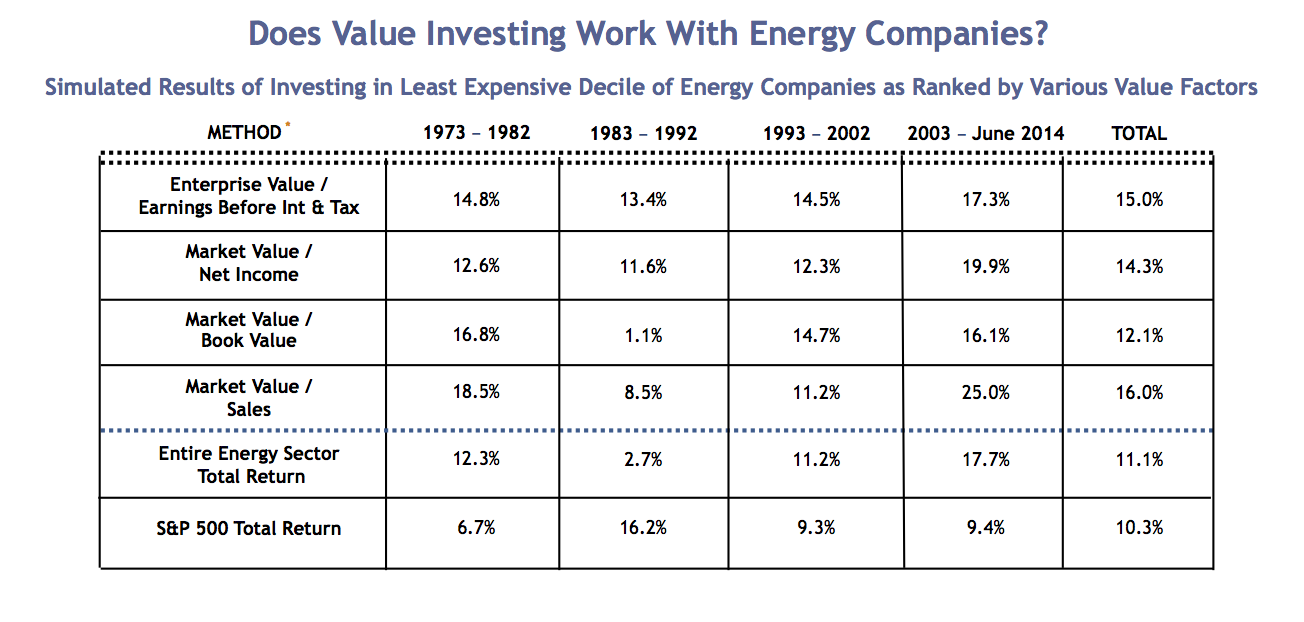If the thought of investing in the stock exchange frightens you, you are not alone. People with extremely minimal experience in stock investing are either frightened by scary stories of the average investor losing 50% of their portfolio valuefor example, in the 2 bearishness that have already occurred in this millennium or are beguiled by "hot ideas" that bear the guarantee of big rewards but hardly ever pay off.
The reality is that buying the stock market carries risk, however when approached in a disciplined way, it is one of the most efficient methods to develop one's net worth. While the worth of one's home normally accounts for many of the net worth of the typical private, the majority of the affluent and very rich typically have the bulk of their wealth purchased stocks.

Key Takeaways Stocks, or shares of a business, represent ownership equity in the company, which give shareholders voting rights as well as a recurring claim on corporate profits in the type of capital gains and dividends. Stock exchange are where individual and institutional financiers come together to buy and sell Click to find out more shares in a public venue.
A private or entity that owns 100,000 shares of a business with one million impressive shares would have a 10% ownership stake in it. The majority of companies have exceptional shares that run into the millions or billions. Common and Preferred Stock While there are 2 main kinds of stocktypical and chosenthe term "equities" is synonymous with common shares, as their combined market value and trading volumes are many magnitudes bigger than that of favored shares.
Preferred shares are so called due to the fact that they have choice over the common shares in a company to receive dividends as well as properties in case of a liquidation. Typical stock can be more classified in regards to their voting rights. While the standard premise of common shares is that they should have equivalent ballot rightsone vote per share heldsome business have dual or several classes of stock with various voting rights connected to each class.